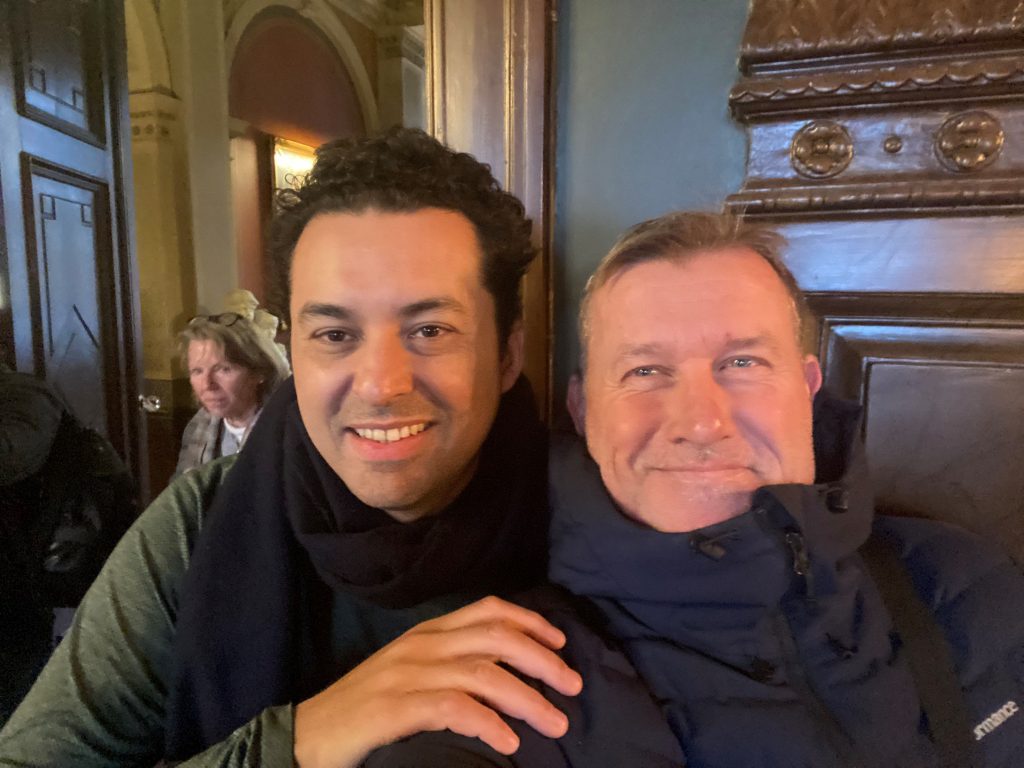Call for Applications: Visiting Researcher Program, Fall 2024
The Centre for Research on Pandemics & Society (PANSOC) invites applications for our Fall 2024 Visiting Researcher program. Preference will be given to researchers with potential for obtaining external funding, including Marie Skłodowska-Curie Actions Postdoctoral Fellowship applicants.
One applicant will be selected based on their research experience and interests. We expect that the Visiting Researcher will contribute concrete ideas for – and at least initial drafting of – a funding proposal during their stay in fall 2024 (minimum 2 weeks, preferably up to 4 weeks). These proposals will be led by the Visiting Researcher with PANSOC as a partner and submitted to local funding bodies corresponding to the researchers’ affiliations/countries or to the Research Council of Norway or NordForsk with us as PI, as appropriate.
We encourage applications from researchers in all fields with interests in the social, economic, and biological aspects of historical, current, and future pandemics. We are particularly interested in topics such as:
- Disparities in disease outcomes or impacts of public health measures based on socioeconomic, ethnic, health, and/or other inequalities.
- Syndemic interactions with non-communicable diseases and chronic health conditions, including long-term health impacts of pandemics.
- Long-term impacts of pandemics, including on mental health through factors such as bereavement or social dislocation, and economic indicators.
- Research that links immunology and virology to the social science of pandemics.
- Relationships between infectious disease epidemics and other crises such as wars or extreme climate events/climate change.
- Comparisons of pandemics with other types of crises such as famine and natural disasters.
The Visiting Researcher program will cover transportation costs to Oslo and accommodation up to 50,000 NOK.
To apply, please send 1) a CV, 2) a description (1-2 pages) of your idea for a joint proposal, 3) tentative budget for the visit, and 4) anticipated timing or availability for travel to Oslo to Svenn-Erik Mamelund (masv@oslomet.no).
APPLICATION DEADLINE: 5 July 2024

